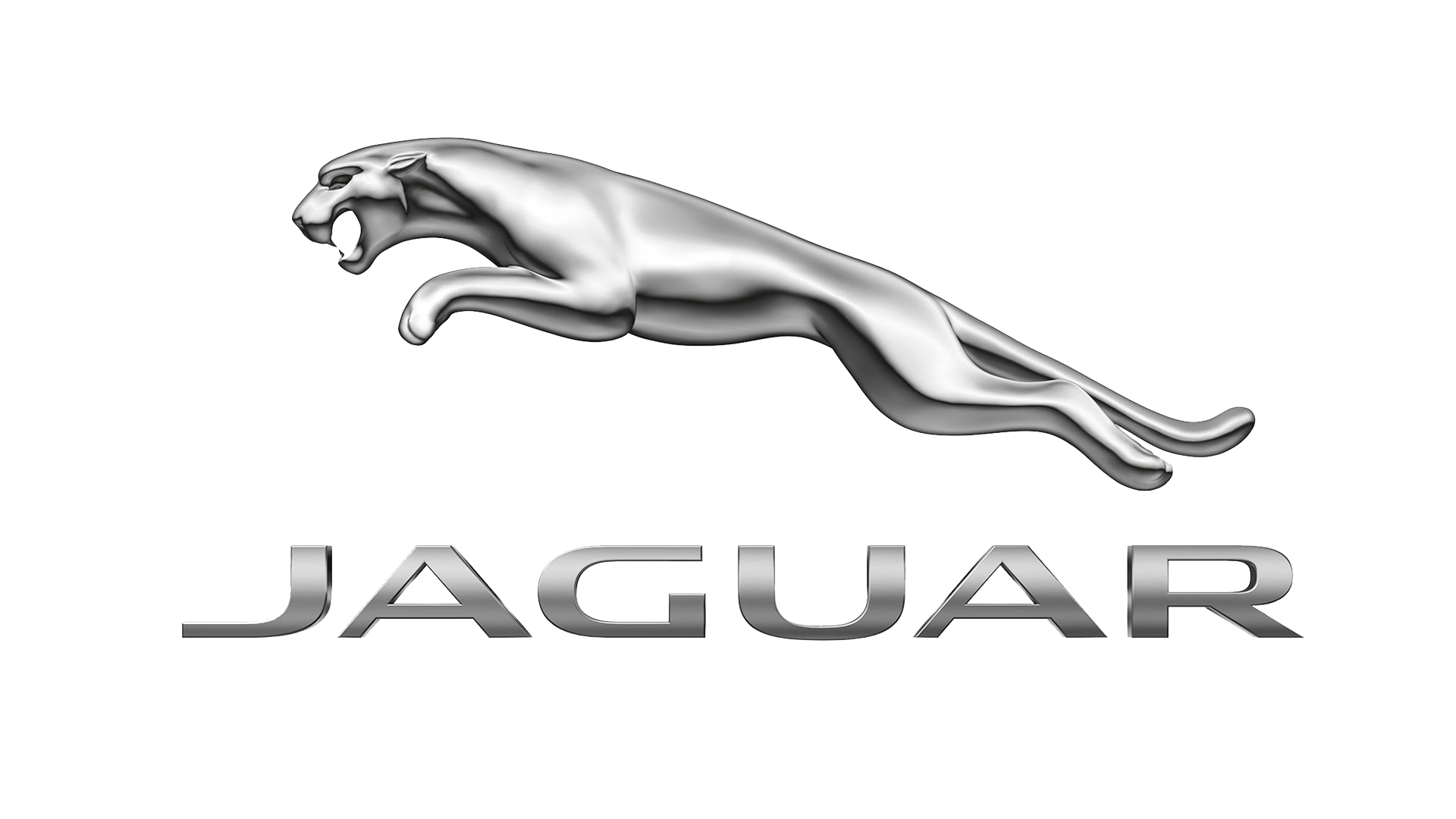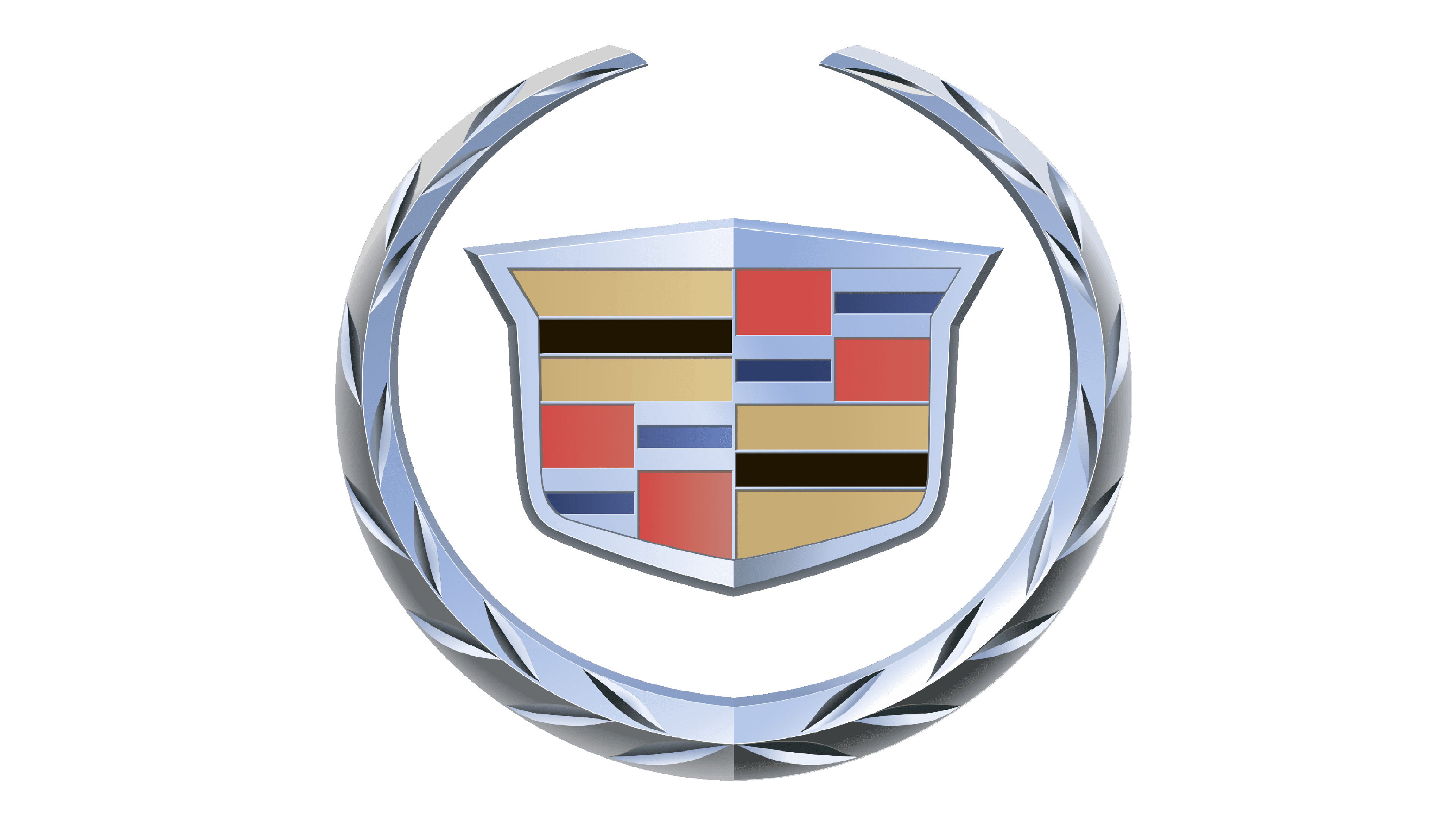After an engine replacement, encountering common problems can be frustrating. Everything seems perfectly fine until suddenly, a mysterious rattling noise disrupts your blissful drive. Welcome to the world of common problems after engine replacement - a realm where even the most carefully executed upgrades can unravel into a myriad of unforeseen challenges.
Diagnostic and Maintenance Tips After Engine Replacement
After an engine replacement, proper monitoring and maintenance are crucial for vehicle longevity. This section helps vehicle owners ensure peak performance and catch engine replacement issues early. Whether you're a DIY enthusiast or aiming to extend your car's life, these tips are essential.
Using Diagnostic Tools to Monitor Engine Health
An OBD-II scanner is vital for monitoring car problems after new engine installation. It reads error codes and tracks performance, identifying issues like sensor malfunctions or misfires. Affordable tools like BlueDriver or FIXD are perfect for home use, offering user-friendly interfaces. Regular scans help prevent engine swap troubleshooting by catching small problems early.
Step-by-Step Guide to Using an OBD-II Scanner:
- Locate the OBD-II port, usually under the dashboard.
- Plug in the scanner and turn the ignition on.
- Open the scanner’s app or interface to read codes.
- Note any error codes, like those indicating engine misfire after replacement.
- Research codes or consult a mechanic for solutions.
- Clear codes after repairs and rescan to confirm fixes.
Regular diagnostic checks stop minor issues from escalating, saving costly repairs.
Routine Maintenance Checks to Prevent Issues
A consistent maintenance schedule prevents common problems after engine replacement. Check fluid levels monthly, including oil, coolant, and transmission fluid, to avoid car overheating after engine replacement. Inspect belts and hoses every 3,000 miles for wear. Examine engine mounts and connections to prevent vibrations or misalignment. Follow the manufacturer’s break-in period guidelines to ensure the new engine settles properly.
When to Consult a Professional Mechanic
Seek professional help for persistent check engine light after engine swap or unusual noises. Complex issues, like transmission problems or why is my car losing power after engine replacement, require expertise. Choose a certified mechanic familiar with your car’s make and model. Addressing issues early can save significant repair costs, ensuring long-term reliability.
By following these engine replacement maintenance tips, you can keep your vehicle running smoothly and avoid major engine replacement issues. Regular diagnostics and maintenance are key to a healthy engine.
See also : Japanese 2nd hand car
Top 9 common problems after engine replacement
When you replace an engine, it is like giving your car a new heart. The old, tired engine is taken out, and a fresh one is put in. In fact, research from A suggests that replacing an engine can extend the life of a by an average of 50,000 miles. This involves a lot of careful work, like disconnecting and reconnecting parts such as the transmission, exhaust pipes, and wires. The new engine has to fit just right and work with all the other car systems. Engine replacements can significantly extend the lifespan of a vehicle and restore its performance, but they can also introduce some new challenges.
Here is a table outlining common problems after an engine replacement and possible causes:
|
Problem |
Description |
Possible Causes |
|
Engine Power Loss |
The vehicle feels weaker, with reduced acceleration and speed. |
Improper timing, air/fuel mixture issues, sensor malfunctions, or incorrect parts. |
|
Engine Misfires |
Engine stumbles or jerks when running, usually accompanied by strange noises. |
Faulty spark plugs, ignition coil, fuel injectors, or incorrect wiring connections. |
|
Excessive Exhaust Smoke |
Blue, black, or white smoke coming from the exhaust. |
Oil burning (blue), too much fuel (black), or coolant leak (white). |
|
Pink Fluid Underneath |
Pink or red fluid leaks under the vehicle, often near the engine area. |
Transmission fluid or coolant leak due to damaged seals, hoses, or improper sealing. |
|
Vibration or Weird Noise |
Unusual vibrations or noises from the engine bay, especially when idling. |
Unbalanced engine mounts, misaligned components, or loose parts. |
|
Transmission Issues |
Trouble shifting gears or delayed responses when accelerating. |
Misalignment between engine and transmission, or improper installation. |
|
Check Engine Light |
The check engine light comes on shortly after replacement. |
Sensor issues, improper wiring, or computer not properly reset after engine swap. |
|
Poor Fuel Economy |
Reduced mileage or higher-than-normal fuel consumption. |
Incorrect fuel mixture, sensor malfunction, or inefficient engine performance. |
See also : Honda or toyota
1. Engine power loss
Experiencing a noticeable decline in the car's power shortly after an engine replacement can be both concerning and perplexing. Suddenly, the once-responsive acceleration and overall performance seem compromised and questionable. This phenomenon, known as engine power loss, is one of the common problems after engine replacement and needs careful consideration.
Causes of Engine Power Loss:
Installation Errors:
Installation Mistakes: Poor component alignment or incorrect calibration of the engine control unit (ECU) during installation might result in lower power output.
Fuel System Issues:
Clogged fuel injectors or a faulty fuel pump might interrupt the fuel supply, preventing ignition.
Solution
The possible solutions may include:
Ensuring precise alignment of all components and thorough calibration of the ECU is crucial for optimal engine performance.
Cleaning or replacing clogged fuel injectors and diagnosing the fuel pump's functionality can restore proper fuel supply.
2. Engine Misfires
Engine misfires are common problems after engine replacement and can lead to rough running, reduced performance, and increased emissions. Misfires occur when the air-fuel mixture in the engine's cylinders fails to ignite properly. This can result from a variety of factors, each requiring specific attention.
Causes of Engine Misfires:
Faulty Spark Plugs:
Worn or damaged spark plugs can struggle to generate a strong spark, causing misfires.
Defective Ignition Coils
Defective ignition coils can produce weak or irregular sparks, which can cause the engine to misfire.
A Vacuum Leak
A vacuum leak can cause the engine to suck in air that is not supposed to be there. This can disrupt the combustion process and lead to misfires.
Wiring Issues:
Damaged or frayed ignition wiring can disrupt the electrical signals required for proper ignition.
Solutions
The solutions might add:
Install new, high-quality spark plugs and ignition coils to ensure a strong spark for combustion.
Use reputable fuel sources with the recommended octane rating to promote consistent combustion.
Thoroughly examine ignition wiring for any signs of damage and repair or replace as needed.
3. Excessive Exhaust Smoke
Excessive exhaust smoke is one of the common problems after engine replacement, raising eyebrows and leaving vehicle owners seeking answers. The sight of thick smoke blowing from the tailpipe can be alarming, signaling underlying issues that require careful investigation.
Causes of Engine Misfires:
Burning of Excess Fuel:
An excessive amount of unburned fuel entering the exhaust system can create smoke when ignited.
Incorrect Fuel-to-Air Ratio:
A skewed balance of fuel and air in the combustion process can lead to incomplete combustion and smoke generation.
Solutions
The possible solutions may include:
To maximize combustion efficiency, thoroughly examine and maintain ignition components such as spark plugs and fuel injectors.
Ensuring the correct ratio of fuel to air can promote complete combustion and reduce the likelihood of smoke.
4. Pink Fluid underneath
One fine morning after the engine replacement, you can find pink fluid leaking from your car. These fluids are likely to be a mixture of transmission fluid, coolant, and oil. This can be a pressing issue if not addressed right away.
Causes of Pink Fluid Leaking:
Seal and Gasket Issues:
Improperly sealed components, such as gaskets, seals, or hoses, can allow fluids to escape and mix.
Residue from Engine Replacement:
During the replacement process, residual fluids may have spilled and mixed, resulting in the pink fluid. According to CarCarekiosk, 20% of fluid leaking os caused by this reason.
Solutions
- Examine all gaskets, seals, and hoses to ensure they are properly sealed and connected.
- If the pink fluid is a result of spilled fluids during the replacement, clean up the residues to prevent further leakage.
5. Overheating
Overheating is one of the common problems after engine replacement that casts a cloud of uncertainty over the performance of the car. The sensation of the engine running hotter than usual or the sight of a rising temperature gauge can be quite alarming and needs proper inspection.
Causes of Overheating
Airlock in the Cooling System:
Air trapped in the cooling system can disrupt the flow of coolant, leading to uneven cooling and overheating.
Malfunctioning Thermostat or Damaged Radiator:
A faulty thermostat or damaged radiator might not regulate the flow of coolant properly or the heat dissipation process, causing irregular temperature control.
Solutions
- Ensuring the cooling system is free from airlocks promotes consistent coolant flow and cooling efficiency.
- If the thermostat is malfunctioning or the radiator is damaged, replacing these components can help regulate temperature.
6. Vibration or Weird Noise
Vibrations and unsettling noises can make an unexpected appearance after an engine replacement, disrupting the once-smooth driving experience. This issue requires a meticulous exploration and fixation as soon as possible.
Causes of Vibration or Noise
Belt or Pulley problem
A whining or squealing sound coming from the engine bay could be a sign of a belt or pulley problem.
Internal Component Issues
Rattling or grinding noises coming from the engine compartment can be a sign of problems with the timing chain, camshaft, valves, or other internal components. 60% of these cases reported seeing these types of problems. (CarCareKiosk)
Solutions
- For belt or pulley problems, inspect and adjust belts and pulleys, ensure proper tension, and lubricate pulleys.
- Diagnosing and repairing problems with timing chains, camshafts, and valves can eliminate rattling or grinding noises.
7. Transmission Issues
Transmission issues are one of the common problems after engine replacement. It can potentially throw a wrench into the smooth operation of the automobile. Experiencing gear shifts that feel off or a lack of responsiveness can be frustrating and needs immediate look-over.
Causes of Transmission Issues
Improper Transmission Reconnection
Inaccurate reconnection of transmission components during the replacement process can disrupt the transmission's functionality.
Damaged Transmission Components
Mishandling or accidental damage to transmission parts during engine installation can lead to subsequent transmission issues.
Solutions
- Make sure all transmission connections are properly attached by carefully inspecting them.
- Examine the transmission's component parts closely for wear and tear and try to fix it as soon as possible.
8. Check Engine Light
When the check engine light illuminates following an engine replacement, vehicle owners may experience a wave of dread. The unexpected appearance of this warning light may make you concerned about the health of your new engine and need an extensive checkup.
Causes of Check Engine Light Activation:
Faulty Sensors
Malfunctioning sensors can trigger the check engine light, as they monitor various components' performance and emissions.
Unresolved Previous Issues
Lingering problems from the previous engine can continue to affect the vehicle and lead to check engine light activation.
Disconnected Hoses
Unintentionally disconnected hoses during the engine replacement can trigger sensor alerts and illuminate the check engine light.
Solutions
- Utilize diagnostic tools to pinpoint malfunctioning sensors and replace them to restore accurate readings.
- Tackle unresolved problems carried over from the previous engine to rectify underlying causes of check engine light activation.
- Thoroughly inspect the engine compartment to ensure all hoses are properly connected, preventing sensor-triggering discrepancies.
9. Poor Fuel Economy
Experiencing poor fuel economy can be one of the common problems after engine replacement. This can be a frustrating setback, leaving one questioning the efficiency of their revitalized vehicle. Watching the fuel gauge drop faster than usual can be disheartening but it can be resolved.
Causes of Poor Fuel Economy
Oxygen Sensor Issues
Malfunctioning oxygen sensors can misread exhaust gas data, affecting the air-fuel mixture and subsequently reducing fuel efficiency.
Misaligned Throttle Position Sensor
A misaligned throttle position sensor can lead to improper fuel delivery, impacting fuel economy.
Solutions
- Check and replace oxygen sensors if they are not working properly to get accurate readings and ensure the right air-fuel mixture.
- Ensure proper alignment of the throttle position sensor to enable accurate fuel delivery.
Preventive Measures
To stay ahead of potential issues after an engine replacement, taking some simple steps can make a big difference. Keep an eye on the sensors, give leaks immediate attention, make sure all the parts fit snugly and stick to the manufacturer's guidelines during the replacement. According to experts at Car Care Total, being proactive can significantly cut down on the chances of running into problems later on, ensuring that all the vehicle owners new engines run smoothly and hassle-free.
FAQ
What to do after replacing the engine?
After Replacing the engine, it is first and foremost to start the engine and make it run for a while to make sure everything is working properly.
How long will a car last after engine replacement?
The lifespan of a car after engine replacement depends on the quality of the replacement engine and how well the car is maintained. A replaced engine should run for at least 12,000 miles or one year.
Is the car good if the engine is replaced?
A car can be good if the engine is replaced with a quality engine and the car is properly maintained.
What are the disadvantages of changing a car engine?
It can be a little costly and time-consuming. But if the installed engine is good it can lead to a smooth car experience.
Conclusion
There you have it folks. Taking care of the car is crucial. Owners can find a myriad of common problems after engine replacement, but looking out for the car and its overall health being can ensure longevity. Replacing an engine can be a game changer if it is done by professionals. Make sure to inspect and solve along the way. And of course, make happy memories with each ride ahead.





























